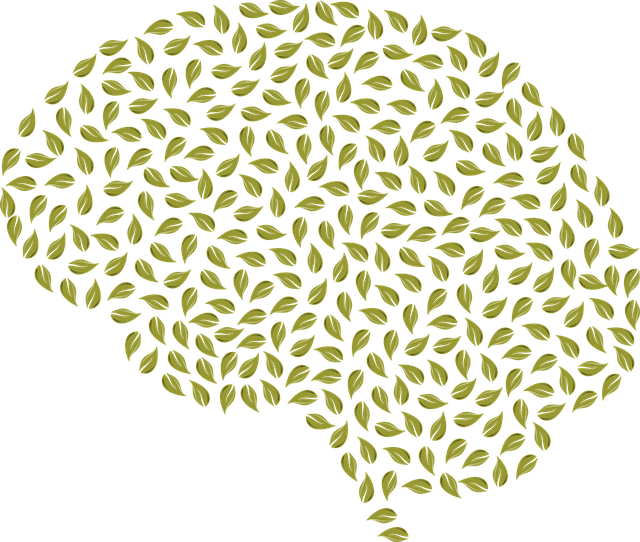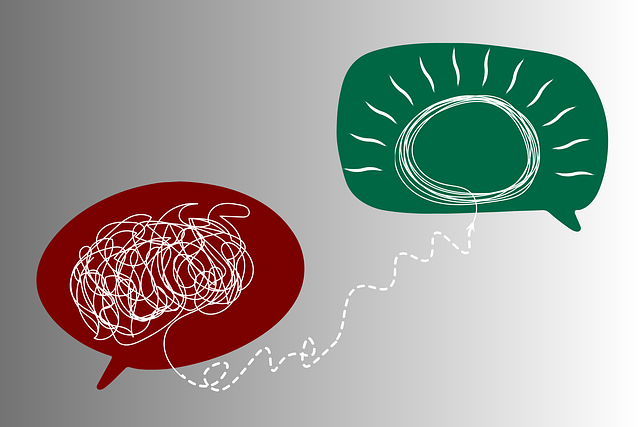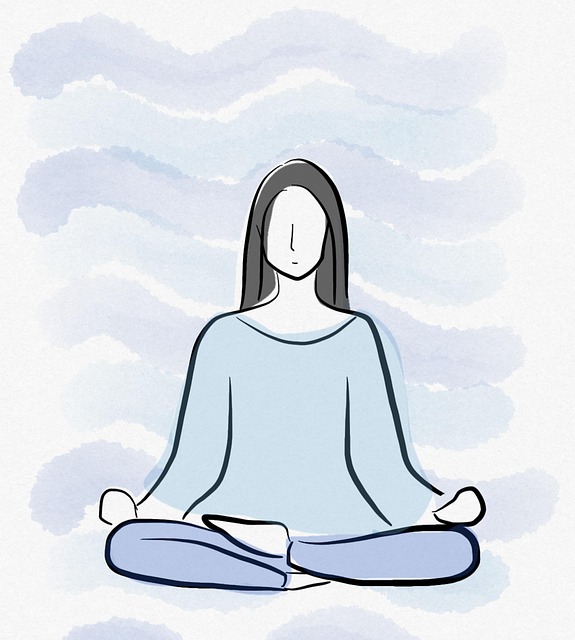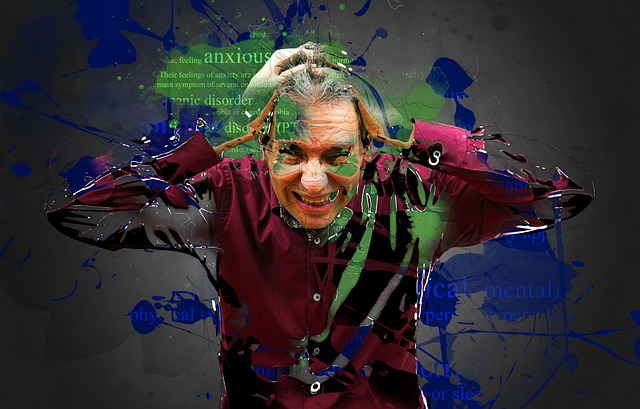Mindfulness meditation is a powerful tool for Golden Pain Management Therapy, offering unique pain relief and emotional well-being benefits. By focusing on the present moment and observing thoughts without judgment, individuals can enhance social skills training, cultural sensitivity, and resilience. Scientific research supports its positive effects on mental and physical health, with key components like compassion cultivation linked to stress reduction and increased empathy. Incorporating mindfulness into daily routines cultivates awareness, promotes equilibrium, reduces stress, and fosters positive thinking, complementing Golden Pain Management Therapy. A dedicated peaceful space, regular practice, and key techniques such as breathing awareness, body scans, and guided visualizations all contribute to enhanced overall well-being.
Unwind your mind and embrace the transformative power of mindfulness meditation—a powerful tool in the realm of Golden Pain Management Therapy. This ancient practice offers a modern solution for navigating life’s stresses, with evidence-based benefits for both mental and physical health. From understanding its fundamentals to mastering techniques like breathing exercises and body scans, this guide will lead you on a journey towards unlocking your mind’s potential for healing.
- Understanding Mindfulness Meditation: Unlocking Golden Pain Management Therapy
- The Science Behind Mindfulness: How It Impacts Our Minds and Bodies
- Setting Up Your Meditation Practice: Creating a Sacred Space for Healing
- Techniques to Master: Breathing, Body Scans, and Guided Visualizations
- Integrating Mindfulness into Daily Life: Sustaining Long-Lasting Benefits
Understanding Mindfulness Meditation: Unlocking Golden Pain Management Therapy

Mindfulness meditation is a powerful tool for unlocking Golden Pain Management Therapy, offering a unique and effective approach to pain relief and emotional well-being. It involves a conscious focus on the present moment, observing thoughts and sensations without judgment. This practice has gained significant attention in the mental healthcare landscape, not only as a complementary therapy but also as an essential component of modern wellness routines.
By engaging in mindfulness meditation, individuals can enhance their social skills training and cultural sensitivity, allowing them to better navigate challenging situations. It encourages a non-reactive mindset, which is crucial for managing pain effectively. Through regular practice, one can develop emotional well-being promotion techniques that foster resilience and a deeper understanding of one’s mind and body connection.
The Science Behind Mindfulness: How It Impacts Our Minds and Bodies

Mindfulness meditation has gained significant attention due to its profound impact on both mental and physical health. Scientific research has unveiled the intricate ways in which this ancient practice influences our well-being, offering a promising approach for pain management therapies, such as Golden Pain Management Therapy. Studies show that mindfulness engages various regions of the brain, fostering changes in neural connectivity and promoting psychological resilience.
Practicing compassion cultivation, a key component of many mindfulness traditions, has been linked to reduced stress, improved emotional regulation, and enhanced empathy. This not only benefits individuals but also has implications for mental health professionals through effective risk management planning. Moreover, community outreach program implementations can leverage mindfulness as a tool to create more supportive and resilient communities, addressing various aspects of well-being on a broader scale.
Setting Up Your Meditation Practice: Creating a Sacred Space for Healing

Creating a dedicated space for mindfulness meditation is the first step towards effective Golden Pain Management Therapy. Think of this as your personal sanctuary—a place where you can retreat to in order to cultivate inner peace and heal. Your sacred space should be free from distractions, quiet, and comfortable. Consider adding elements that resonate with you, such as soft lighting, soothing scents, or meaningful decorations that inspire calmness. This physical environment sets the tone for your practice, encouraging a sense of tranquility and mindfulness.
By establishing this routine, you’re not just setting up a space; you’re investing in your well-being. Regular meditation can significantly improve mood management and coping skills development, even helping to resolve conflicts within yourself or external situations. Imagine your meditation space as a tool that supports your journey towards emotional balance and resilience—a place where you can confront challenges with clarity and composure.
Techniques to Master: Breathing, Body Scans, and Guided Visualizations

Mastering mindfulness meditation involves honing key techniques that can significantly improve overall well-being and mental clarity. One such technique is breathing awareness. By focusing on your breath, you anchor yourself in the present moment, allowing worries of the past or future to fade away. Simple breathing exercises like counting breaths or following the rise and fall of your chest can help calm the mind and body, serving as a powerful tool for Golden Pain Management Therapy.
Another effective method is body scans, which involve slowly directing attention to different parts of your body, noticing sensations without judgment. This practice enhances self-awareness and fosters a deeper connection with your physical being. Additionally, guided visualizations transport you to serene mental landscapes, helping to reduce stress and anxiety while boosting self-esteem improvement. These techniques can be integrated into daily routines to support not only mental health but also effective risk management planning for mental health professionals and even enhance social skills training.
Integrating Mindfulness into Daily Life: Sustaining Long-Lasting Benefits

Integrating mindfulness into your daily life is a powerful way to sustain long-lasting benefits, transforming your overall well-being and even serving as a complementary Golden Pain Management Therapy approach. Beyond fleeting moments of calm, regular practice cultivates a deeper sense of awareness, enabling you to navigate life’s challenges with greater resilience. By engaging in mindfulness, you learn to observe your thoughts and emotions without judgment, fostering a healthier relationship with yourself and reducing the impact of stress.
This ancient practice seamlessly integrates into modern self-care routines, enhancing overall mental health. Incorporating mindfulness techniques throughout the day—such as mindful breathing during breaks or body scans before sleep—fosters a sense of equilibrium and clarity. As you consistently prioritize these practices, you’ll find yourself better equipped to manage stress, promoting positive thinking and a profound sense of calm that permeates every aspect of your life.
Mindfulness meditation offers a powerful tool for navigating life’s challenges, transforming our relationship with pain, and cultivating lasting well-being. By integrating techniques like breathing exercises, body scans, and guided visualizations into daily practice, we can unlock the potential of Golden Pain Management Therapy. Creating a dedicated space for healing and consistently engaging in mindfulness practices enables us to foster mental clarity, emotional balance, and profound physical relaxation, ultimately enhancing our overall quality of life.








